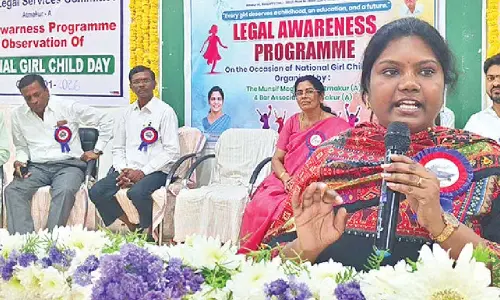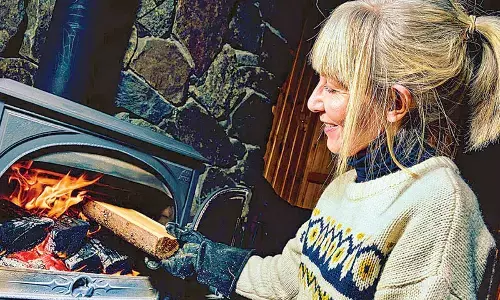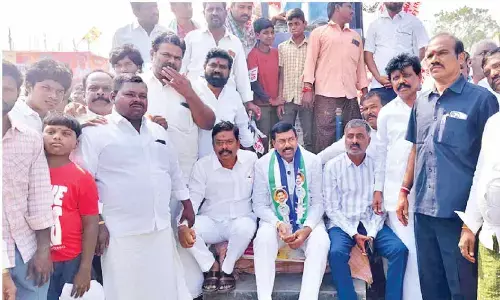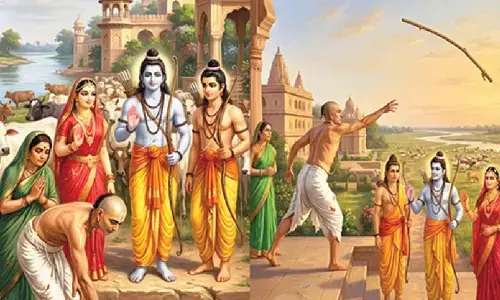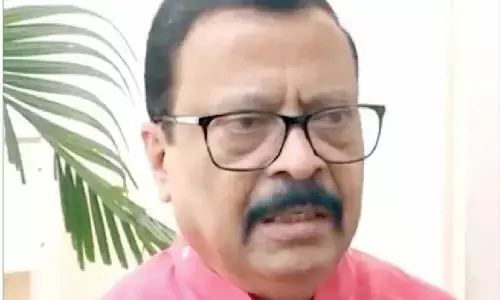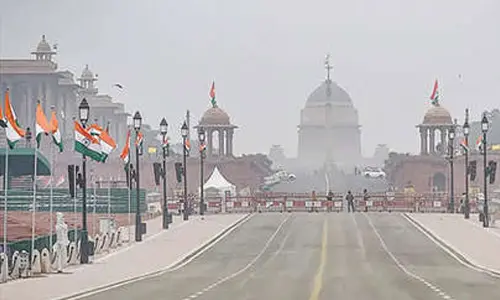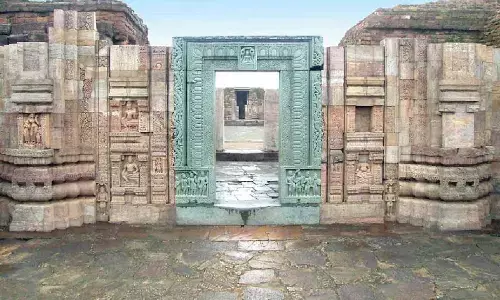Life in Kashmir after Article 370 revoked
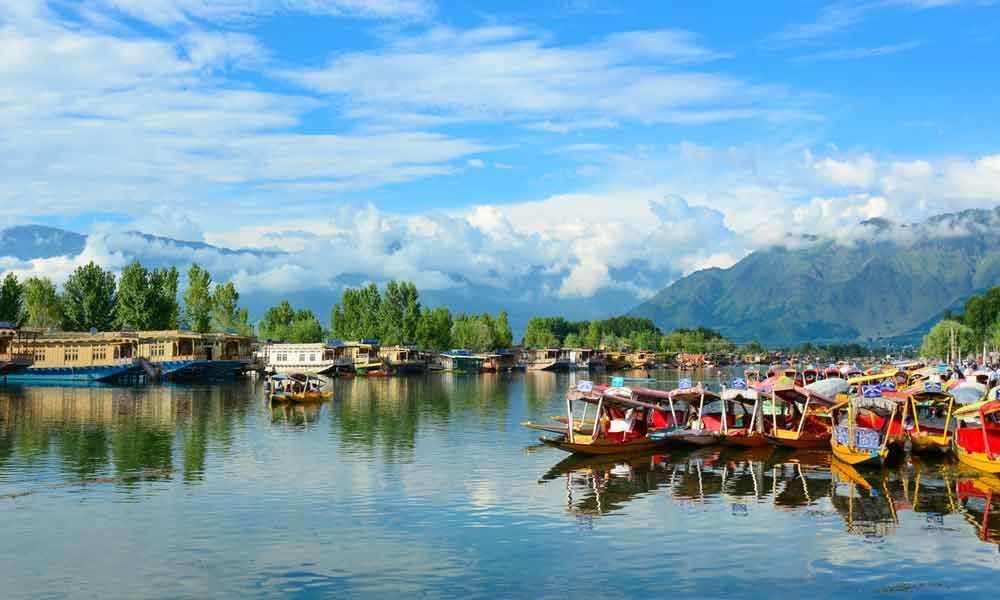
It is a sombre day on the picturesque Dal Lake in Srinagar. There are no tourists and there is no business. The shikaras are all empty and parked along the edges of the lake. Life has suddenly come to a standstill.
Srinagar, Aug 11 (IANS) It is a sombre day on the picturesque Dal Lake in Srinagar. There are no tourists and there is no business. The shikaras are all empty and parked along the edges of the lake. Life has suddenly come to a standstill.
Mohammad Younis, 47, lives by the Dal Lake. He has grown up watching Bollywood film shootings in Kashmir.
Today he returned to the lake with his seven and eight year old sons, not for watching any film shoots, but just to witness its wilderness.
A distraught Younis is worried about the future of his children. He is distressed after the Centre on August 5 scrapped Article 370 of the Constitution that guaranteed special powers to Jammu and Kashmir.
"When we woke up to a curfew in the morning, it was feeling of sorrow and grief. I am worried about my young children. What will they do when they grow up?" Younis said.
But even before Article 370 was scrapped, there was panic after a government advisory asked tourists and pilgrims to move out of Kashmir. Hours before the announcement of the abrogation of the Article, government had imposed a complete communication ban in the state.
Landlines, mobile phones and Internet service were blocked altogether. Former Chief Ministers Omar Abdullah and Mehbooba Mufti were arrested and hundreds of political workers rounded up by the police possibly to contain any violent backlash.
A ban was also imposed on the assembly of more than four people. All main roads in the valley were wound up with barbed wires to create restrictions in traffic and pedestrian movement.
Despite the clampdown, the security agencies insist that Kashmir has shown exceptional calm following the decision. Jammu and Kashmir Police Director General Dilbagh Singh said the state hasn't seen any incident of violence post the scrapping of article 370.
"Kashmir is absolutely peaceful, there hasn't been any spontaneous violent reaction, restrictions on communications will be lifted as and when the situation demands," Singh said.
The administration insists that efforts were on to ensure that the local population does not suffer inconvenience. Some phone lines in the Deputy Commissioners office in Srinagar have been activated for communication.
"Around 1,200 phone calls were made in two days from the helpline in the Deputy Commissioner's office. Office numbers have also been converted into helpline number.
"Ration has been stocked for two months. Fuel is in adequate supply. There is a stock of LPG cylinders for 22 days. Airport buses are taking people till the tourist reception centre.
"Rs 5 lakh have been given to each hospital in Jammu and Kashmir for purchasing emergency medicines. Around 60 medicine shops have been opened here," said DC Srinagar Shahid Iqbal.
At the TRC or the Tourist Reception Centre in Srinagar, hundreds of non Kashmiris, mostly labourers are converging to catch buses to leave the state. Curfew and a communication blackout has created insecurity among the migrants, who are unsure when the situation will normalise.
Imran and Arif from Uttar Pradesh are among those leaving. The two friends come to Kashmir every year for making mattresses and quilts. They had to cut their visit short. Unsure about their safety in Kashmir and living under constant curfew is just unbearable for the two and they are not sure about their return.
"We are very worried, leaving at this juncture is a big business loss for us, but at least we will be safe out of here," said Imran. "We are unsure when we will return, we can only return when peace and normalcy returns to Kashmir," Arif added.
According to government figures, 50,000 migrant labour force has already left Kashmir.
Analysts say while the move is directed to bring about demographic changes in Kashmir, this has also set in a precedent to break states
"The intent is to change the demography of the only Muslim majority state of India. It is undemocratic, completely illegal", said a Kashmir-based political analyst Sidiq Wahid.
And while all politicians of Kashmir have been arrested some who are out like congress leader Salman Soz said that Kashmiri leaders must unity to deal with the situation.
"Kashmiris should stay peaceful, it is important that kashmiris should live on to resist this betrayal," Slaman Soz said



